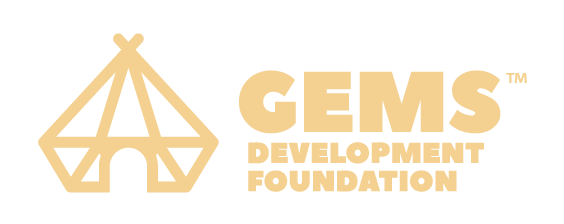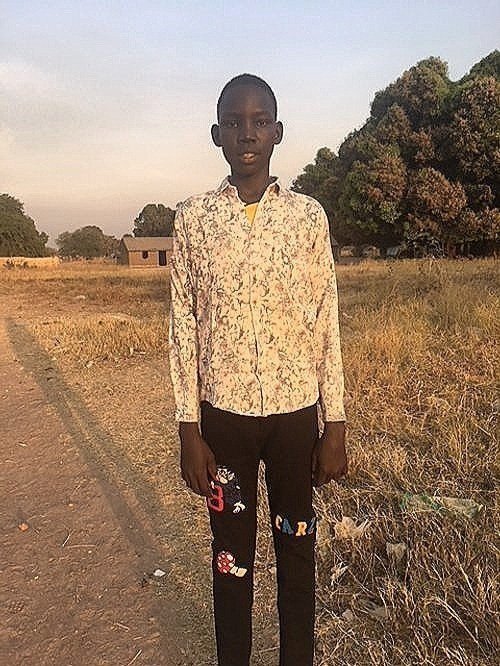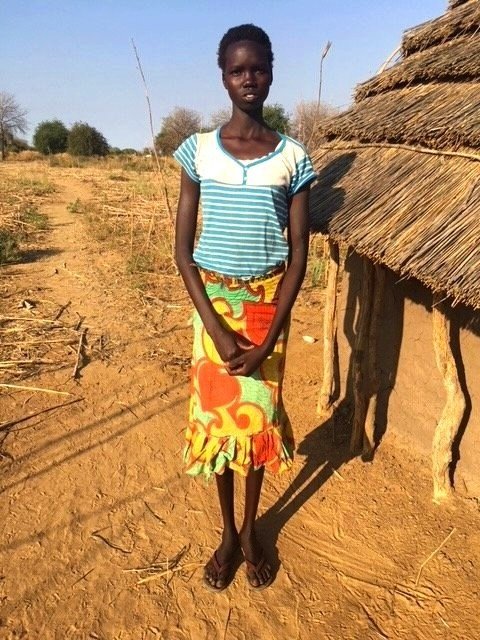A Day in the Life of Two South Sudanese Children
Education is the pathway toward a brighter future in South Sudan. And yet, school attendance remains a rare opportunity for millions of children, holding back generations from reaching their highest potential. Follow the day in the life of two South Sudanese children—one enrolled in school and one not—for a better understanding of the situation and how we can help.
16-year-old Joseph Kenyang comes from Gabat, a village in South Sudan. Now in secondary school, Joseph studies a range of subjects and his favorites include English, mathematics, and science.
“Education will change my life,” says Joseph. “It is the key to a better life. Education also changes a person to be the best they can be,” he continued.
Like many other South Sudanese students, he started secondary school at age 14. He’ll spend four years altogether in secondary school to prepare him for university in the future. That is if his parents can pay the school fee.
“What I like most is that, when I finish school, I will be a grown-up person with a very open mind to care for my life, the life of my parents, as well as the life of my family if I get married.”
Like most students in school, Joseph has a busy schedule focused on classes and homework. Joseph lives far from school, which means he must wake up early to make it to school on time.
That’s if he has the money to pay for school. From day to day, he doesn’t know whether or not his parents can afford the school fees. If not, he cannot attend class, which can interrupt the learning process and affect performance.
School meals aren’t guaranteed either. Each morning, he doesn’t know if he has the pocket money to pay for lunch.
And yet, Joseph still has an opportunity that millions of children in South Sudan do not. Take 15-year-old Aluel Atak. She, like many other children – mostly girls – will likely never complete her education.
Aluel was born in the village of Majok Akot Tong. She is the 4th born of nine children, two brothers and seven sisters. She never started school. Instead, she has helped her family with daily housework. Her parents had a similar upbringing, as neither attended school.
Although her two siblings are enrolled, Aluel’s parents simply don’t have enough money to send the entire family to school.
“I feel bad when I see others going to school, and I’m not going. I could not convince my parents to take me there. If I do it without my parents’ knowledge, they will not pay for school or my school uniform.”
Only one out of four students is a girl, and female illiteracy is the highest in the world. Families prioritize sending their boys to school and keeping girls at home to help to search for food. This is particularly true during times of food crisis.
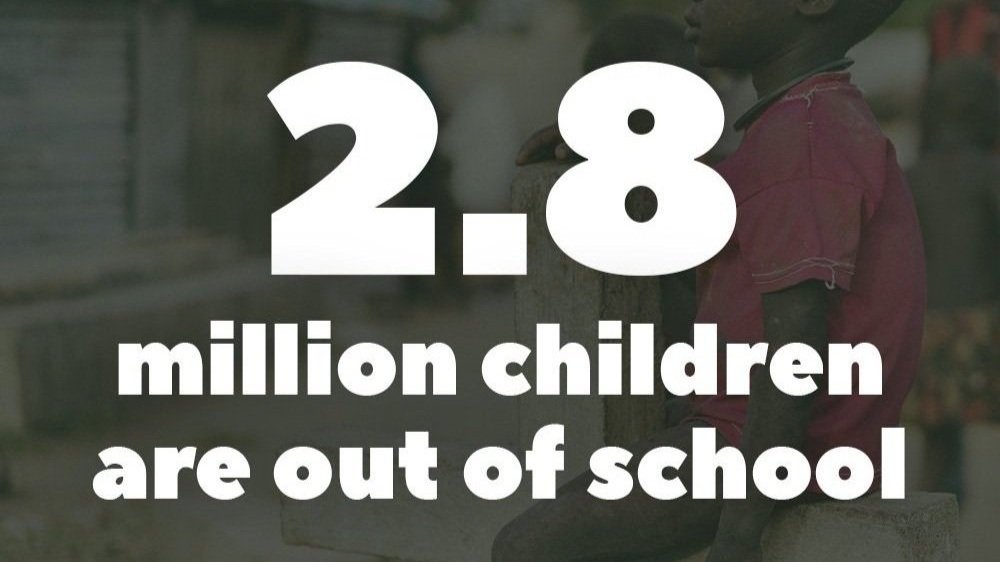
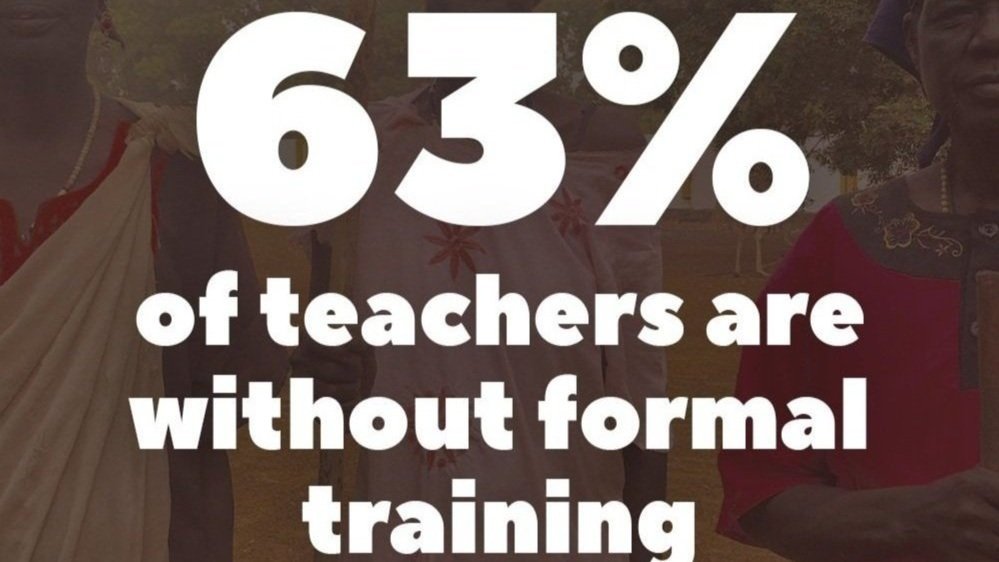
South Sudan has the highest proportion of out-of-school children in the world. In South Sudan, more than 2.8 million children, or over 70 percent, do not attend school as of 2021.
According to the World Bank, only 48 percent of South Sudan’s youth are literate. Violence, natural disasters, and financial barriers prevent children and youth from finishing their education.
Limited access to education risks the future of these children and the future of their country. A generation of children in South Sudan is deprived of their highest potential. A child born to an educated mother has a 50 percent higher chance of survival.
But there is hope.
GEMS Development Foundation is dedicated to help South Sudan’s most vulnerable by building life-saving medical facilities, clean water wells, and sustainable food sources. With their most crucial needs met, this opens opportunities for children to become educated. Fed, healthy families give children the opportunity to focus on life beyond survival.
Join the efforts to help the world’s most vulnerable children and protect those in need.
Make your 100% tax-deductible contribution now.
